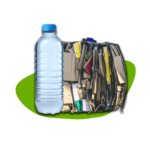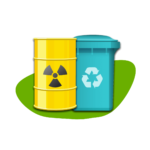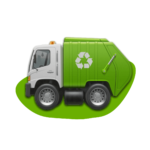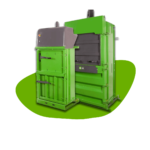Guide – How To Manage Recycled Waste
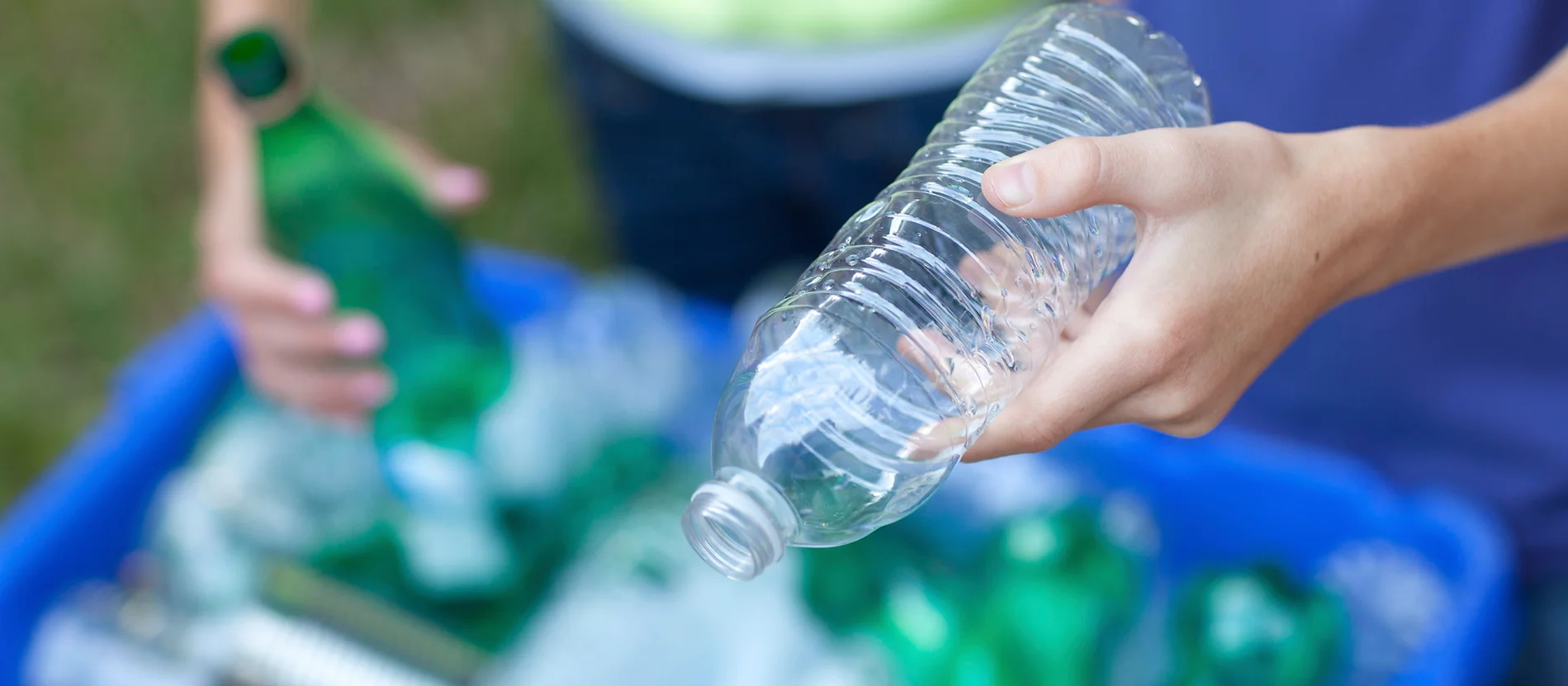
More and more businesses are looking to reduce their environmental impact and ensuring their waste materials are recycled and collected responsibly can help to do this. With a strong focus on sustainability and cost-effectiveness, businesses should look to recycle materials such as confidential document shredding waste, cardboard, plastics, uPVC, and rubber waste material. Find out more about these types of waste and how you can ensure they are collected and disposed of responsibly.
Confidential Shredding
Sensitive information and documents are common-place in the majority of businesses throughout the world. A lot of companies don’t make sure there is any security involved in the disposal of these types of documents and paperwork. Using a confidential shredding service guarantees the protection of your confidential documents and files. You should chose a company that offer a shredding service and can processes and comply with industry standards to safeguard your information.
Baled Cardboard Collection:
Annually, there’s over 12 million tonnes of cardboard and paper used within the U.K and this is expected to keep on rising. The current recycling rate is at around 45% so there’s still more that can be done. By recycling cardboard, you not only contribute to a healthier environment but also reduce landfill waste. This problem is readily solved by simply segregating paper and cardboard from other types of waste and making sure it doesn’t get contaminated by food, water, or oil. Utilising a cardboard baler can help to make this process easier. Find more about cardboard balers here.
Baled Plastics Collection:
Plastics are a major environmental concern, and recycling them is crucial for a sustainable future. Currently the UK collects 61% of all plastic bottles ready for recycling and generally 37% of all plastic is recycled, however, this still has an impact on the environment and companies should look to make sure as much of their plastic waste can be collected and recycled properly. Choosing a company that handles plastic and baled plastics collections is vital to ensure you are doing everything possible to help the environment. Find out how we can help with recycling collections for your organisation here.
What Type of Plastics Can Be Recycled:
All plastic can theoretically be recycled. However, recycling becomes more challenging the more materials that are used to make a product.
Polyethylene Terephthalate, or PET, is completely recyclable. PET is a common material used to make containers and bottles.
High Density Polyethylene (HDPE) can be recycled entirely. Plastic tubs, Bottle caps, detergent bottles, plastic tubs are just a few examples of HDPE plastic products.
Polyvinyl chloride (PVC) cannot be recycled through household recycling programmes. Cling film, hoses, plastic pipes, home improvement items, plastic furniture, and some blister packaging are examples of products created from PVC.
Low-Density Polyethylene (LDPE) can be recycled, although it depends on the council. Products include bags for frozen food, carrier bags, bubble wrap & squeezy bottles.
Although it depends on the council, polypropylene (PP) can be entirely recycled. Typical PP items include takeout containers, sauce bottles, plastic knives and forks.
uPVC Collections:
uPVC, or unplasticized polyvinyl chloride, is a widely used material in windows, doors, and other construction applications. When it comes to upgrading or replacing uPVC products, it’s essential to dispose of the old materials responsibly. Our uPVC collection service offers a convenient solution, ensuring that your waste uPVC is recycled efficiently. By choosing our services, you contribute to the circular economy and demonstrate your commitment to sustainability.
Rubber Collections:
Rubber waste can be challenging to handle, but our rubber collection service simplifies the process for businesses. Whether you have old tires, rubber mats, or other rubber-based materials, we collect and recycle them in an eco-friendly manner. By recycling rubber, we help minimize environmental impact, reduce the demand for virgin materials, and promote a greener future.


